What we’re covering
- As NATO leaders meet at a key summit in Lithuania Tuesday, the White House said the alliance will “send a united, positive signal” on Ukraine’s path to membership — but declined to give a specific timetable.
- The alliance’s chief promised updated language surrounding Ukraine’s future ability to join NATO. But Ukrainian President Volodymyr Zelensky sharply criticized that expected language, saying that the “uncertainty” over Ukraine’s membership is motivation for Russia to “continue its terror.”
6 Posts – UPTADED 1:04 P.M. ET | July 12
END OF LIVE
By The Informant – LIVE from London | July 12, 2023
NOW: Biden is speaking at the end of NATO summit
US President Joe Biden is speaking as the two-day NATO summit in Vilnius, Lithuania, draws to a close after addressing the two key items on its agenda: Sweden’s pending membership to NATO and support and membership path for Ukraine.
On Monday — just a day before the summit began — NATO chief Jens Stoltenberg announced the Turkish President Recep Tayyip Erdogan had agreed to approve Sweden’s bid for membership. The parliament will vote to ratify the membership in the fall. Before Biden held his bilateral meeting with Erdogan, he thanked the Turkish president for his diplomacy on the matter.
On Ukraine’s membership, there were more tensions. Zelensky had criticized the US-led alliance, saying it was “absurd” that Kyiv had not been provided with a timeline for Ukraine’s invitation or membership to NATO. Subsequently, while a firm timeline is still unavailable, NATO agreed to remove one requirement for Ukrainian entrance to the group – a Membership Action Plan – given Kyiv’s close relationship with NATO nations.
Biden has acknowledged that the alliance did not invite Ukraine to membership during the summit as it works on “necessary reforms,” but, he said, “We’re not waiting on that process to be finished” to boost the country’s security.
By The Informant – LIVE from London | July 11, 2023
U.S. Ambassador to NATO says it is tough to agree on timeline for Ukraine’s accession
Julianne Smith, U.S. Ambassador to NATO, told CNN that it is “very tough” to agree on a timeline for Ukraine’s accession to the alliance while the country is still at war.
“Even the Ukrainians themselves will tell you that they need to make further reforms. They’ve made good progress on a variety of democratic and security sector reforms, but they’ll have to continue working in that direction,” Smith told CNN Tuesday.
Smith reiterated that Ukraine has already taken positive steps, which led to NATO agreeing to streamline the accession process by removing a key hurdle for Ukraine — the requirement for a Membership Action Plan.
When asked about whether Ukraine’s position and the lack of a timeline gives Russia an incentive to continue fighting, Smith emphasized that allies have already committed to Ukraine’s future in NATO, as well as to giving the country long-term support.
“(Russian President Vladimir) Putin assumed when he started this war, that he could wait us out that the West would look the other direction and it would ultimately lose interest in Ukraine. And the reality is we’re at day 500 of this war, and no one is going anywhere,” she said.
Smith also said the United States is “thrilled” Ukrainian President Volodymyr Zelensky is in attendance for the summit and for the first NATO Ukraine Council, adding, “I think this sends a very strong signal to President Putin.”
By The Informant – LIVE from London | July 11, 2023
“Ukraine’s future is in NATO,” alliance members reaffirm in joint declaration at summit
NATO allies on Tuesday reaffirmed their support for Ukraine’s push for membership of the alliance, according to a final declaration issued by the 31-member group at a summit in Lithuania.
“Ukraine’s future is in NATO,” it said.
“We will be in a position to extend an invitation to Ukraine to join the alliance when allies agree and conditions are met,” it added.
NATO allies also reiterated their condemnation “in the strongest terms (of) Russia’s blatant violations of international law, the Charter of the United Nations, and OSCE commitments and principles.”
“We do not and will never recognise Russia’s illegal and illegitimate annexations, including Crimea,” the statement said.
“There can be no impunity for Russian war crimes and other atrocities, such as attacks against civilians and the destruction of civilian infrastructure that deprives millions of Ukrainians of basic human services,” according to the declaration.
By The Informant – LIVE from London | July 11, 2023
Germany will spend 2% of economic output on defense after NATO sets new target due to Russian aggression
Germany will spend 2% of its economic output on defense as early as next year, Chancellor Olaf Scholz said Tuesday.
Scholz said this output will be achieved through “the resources of our budget and the special assets,” referring to the 100 billion euros ($109.7 billion USD) special funds he pledged for defense days after Russia invaded Ukraine in February 2022.
Germany will ensure that the 2% target is achieved in the future “on a permanent basis from the regular budget resources,” even if the special assets have been used up, he added.
This comes after NATO members decided Friday to make the 2% now a minimum target given the ongoing threat from the Russian war of aggression on Ukraine.
“It is important for us from the outset that there are security guarantees for Ukraine that can be effective after peace. And to do this we will also make the necessary arrangements that are now relevant to what we are currently providing in terms of support, but also to what is required in a peace situation,” Scholz also on arrival to the NATO summit in Vilnius.
By The Informant – LIVE from London | July 11, 2023
White House says Ukraine joining NATO in the immediate future “isn’t likely”
Ukraine still has requirements to meet before it can possibly join NATO, according to White House National Security Council Coordinator for Strategic Communications John Kirby.
He pushed back against comments from Ukrainian President Volodymyr Zelensky Tuesday criticizing NATO leaders over discussions on a path to NATO membership.
“We believe that NATO is in Ukraine’s future. I mean, that’s something that the alliance agreed way back in 2008,” Kirby told CNN. “Now there’s some reforms — good governance, rule of law, political reforms — that Ukraine needs to work on, and we understand it’s hard to work on some of those reforms when you are at war. Of course, they are at war right now. So, NATO membership in the immediate future isn’t likely because that would put NATO at war with Russia.”
Still, Kirby acknowledged frustration from Zelensky, who tweeted a scathing criticism of discussions over a potential path to NATO membership at this week’s summit in Lithuania on Tuesday, writing “Uncertainty is weakness.”
“Yes, there are frustrations, there are desires to end this war quickly, all of that we understand, Kirby said. “Of course, we share many of those concerns.”
By The Informant – LIVE from London | July 11, 2023
France sending new longer-range missiles to Ukraine, Macron says
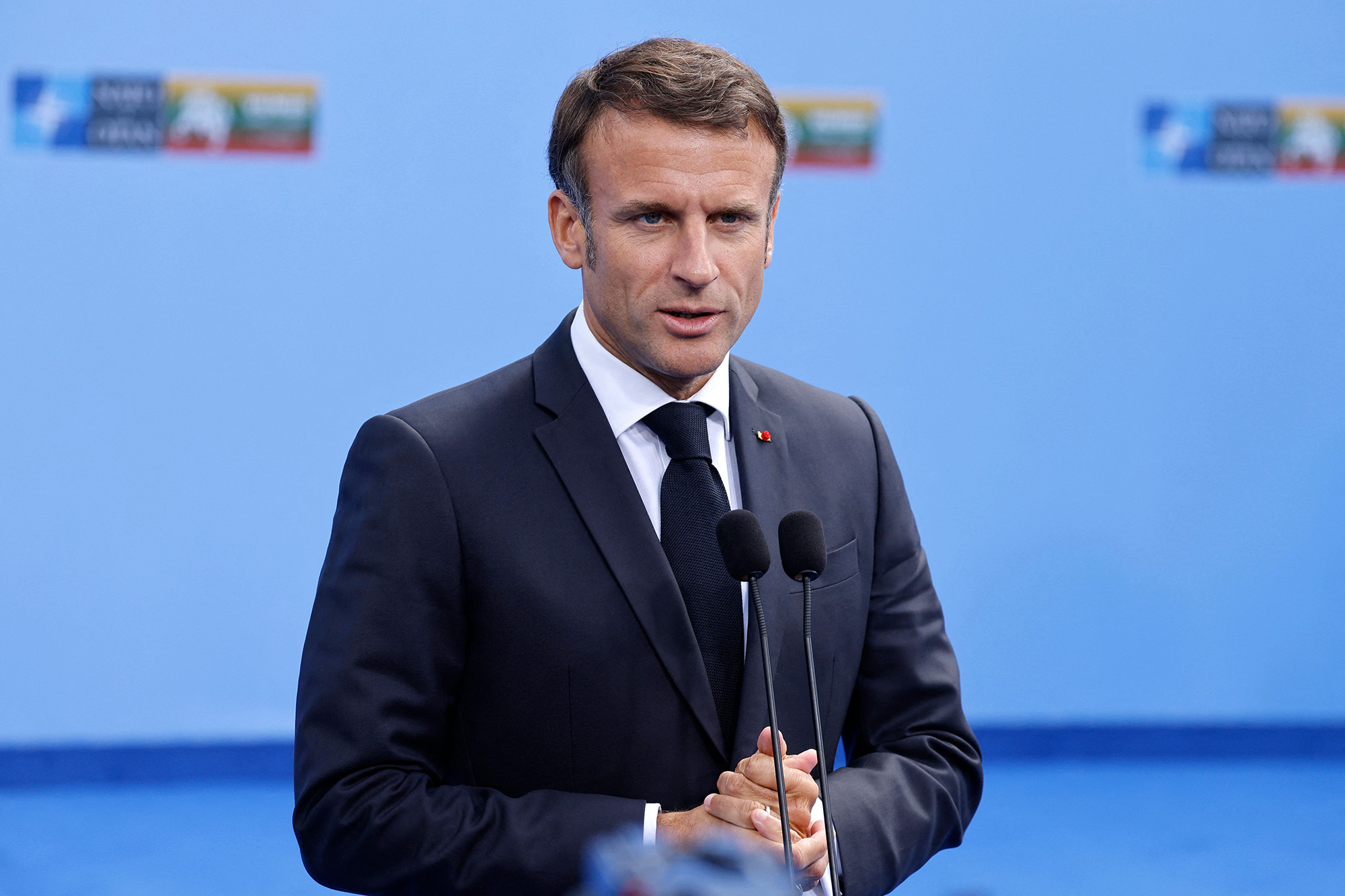
France has sent some longer-range missiles to Ukraine, French President Emmanuel Macron announced Tuesday, as he arrived for the NATO summit in Vilnius, Lithuania.
“In view of the situation and the counter-offensive being led by Ukraine, I have decided to increase deliveries of arms and equipment to give the Ukrainians the capacity to strike further, while maintaining the clarity and coherence of our doctrine, i.e. enabling Ukraine to defend its territory,” Macron said earlier Tuesday.
“I think what’s important for us today is to send a message of support for Ukraine, of NATO unity, and of determination that Russia cannot and must not win this war,” he added.
More about the missiles: Storm Shadow is an Anglo-French low-observable, long-range, air-launched cruise missile developed since 1994 by French conglomerate Matra and British Aerospace, and now manufactured by MBDA. The full French name of the missiles is SCALP-EG, which in English stands for “Long Range Autonomous Cruise Missile System – General Purpose.”
SCALP or Storm Shadow missiles have a firing range in excess of 250 kilometers, or 155 miles, which is just short of the 185-mile range capability of the US-made surface-to-surface Army Tactical Missile Systems, or ATACMS, that Ukraine has asked for.
The Storm Shadow has the range to strike deep into Russian-held territory in eastern Ukraine — a capability that British Defense Secretary Ben Wallace has said Kyiv has made use of since the UK provided the missiles to Ukraine in May.
What Russia says: Kremlin spokesperson Dmitry Peskov has condemned France’s announcement, describing it as a mistake that could have consequences for Kyiv.
“From our point of view, this is an erroneous decision, fraught with consequences for the Ukrainian side, because, naturally, this will force us to take countermeasures,” the Kremlin spokesperson said.
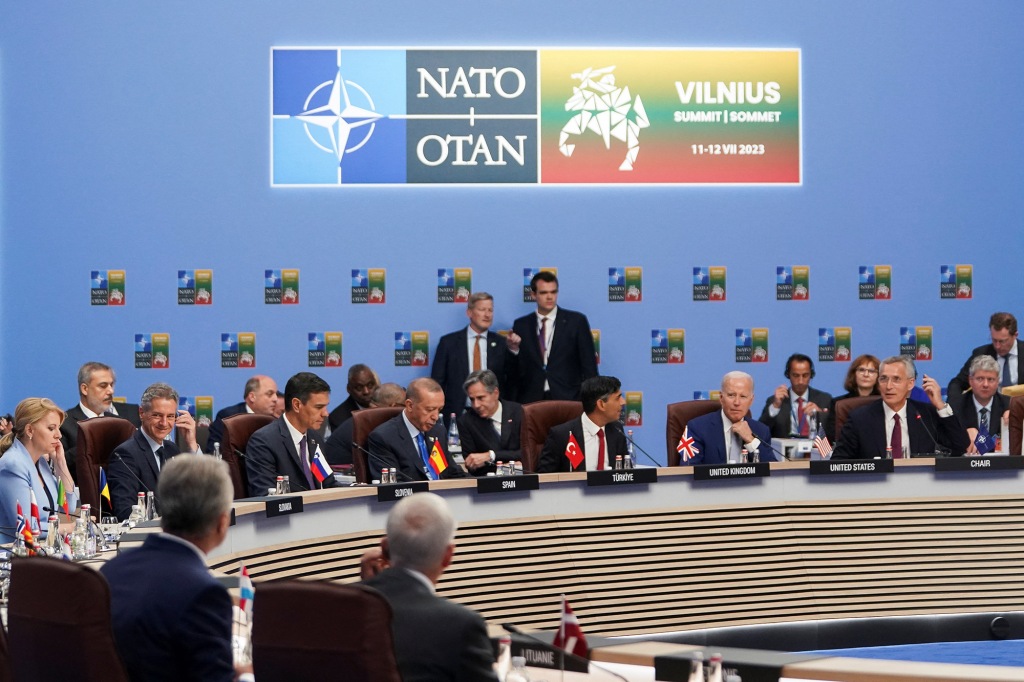
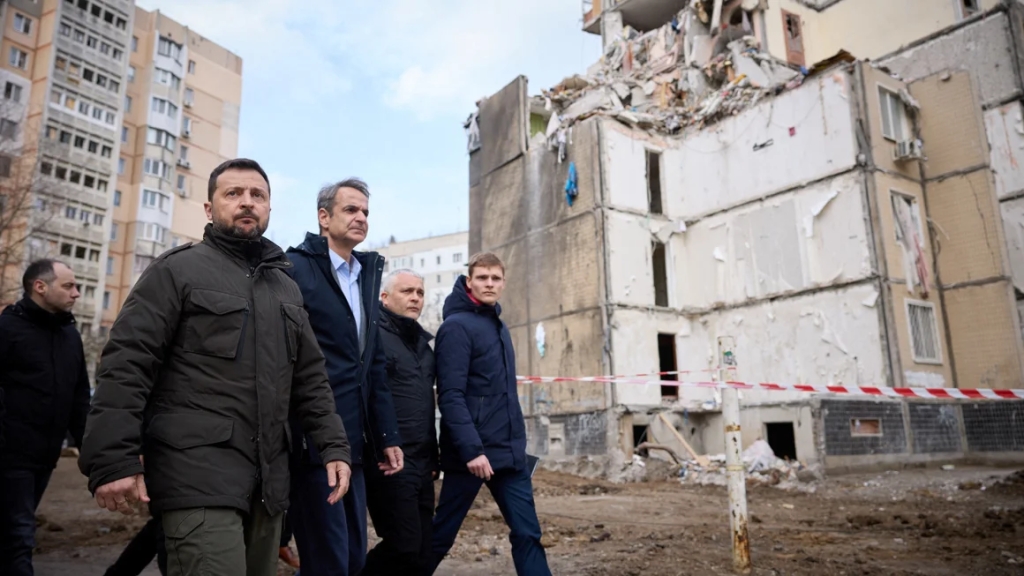
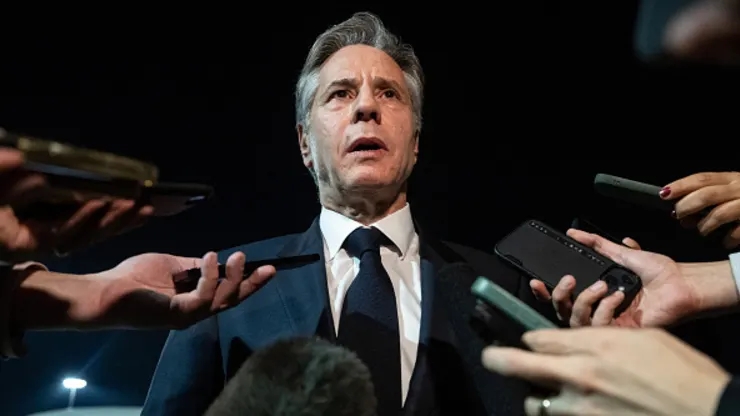
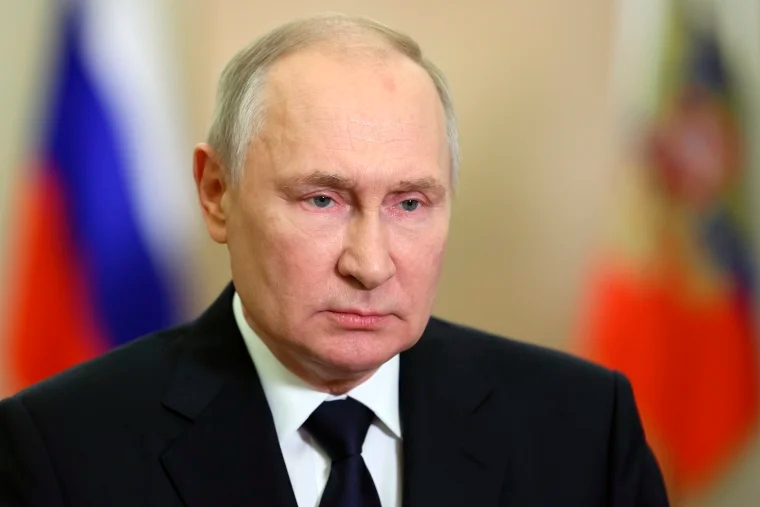
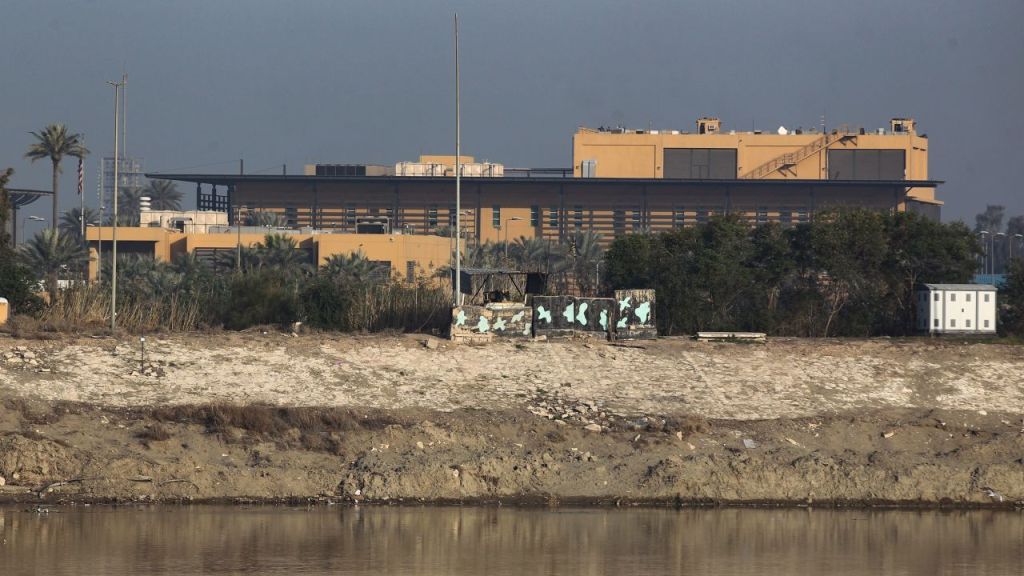
Leave a comment